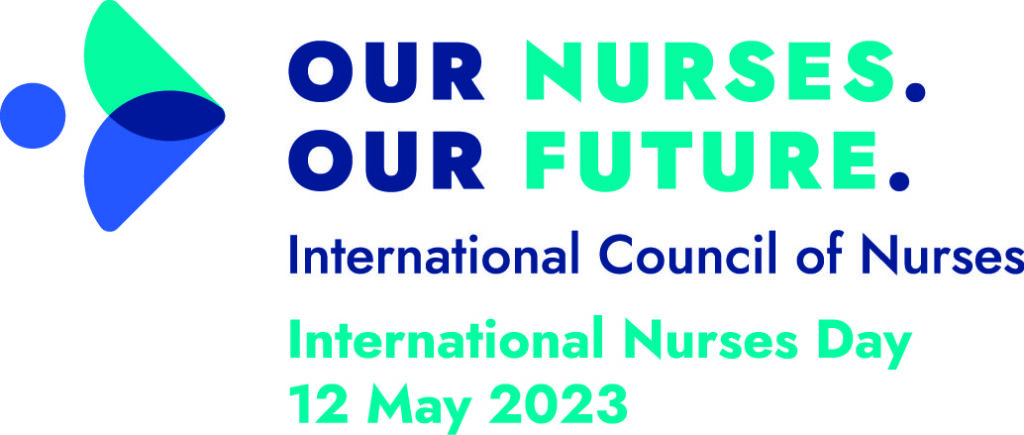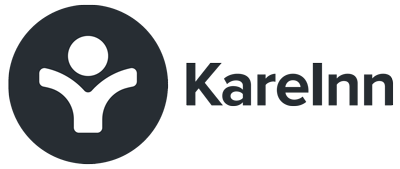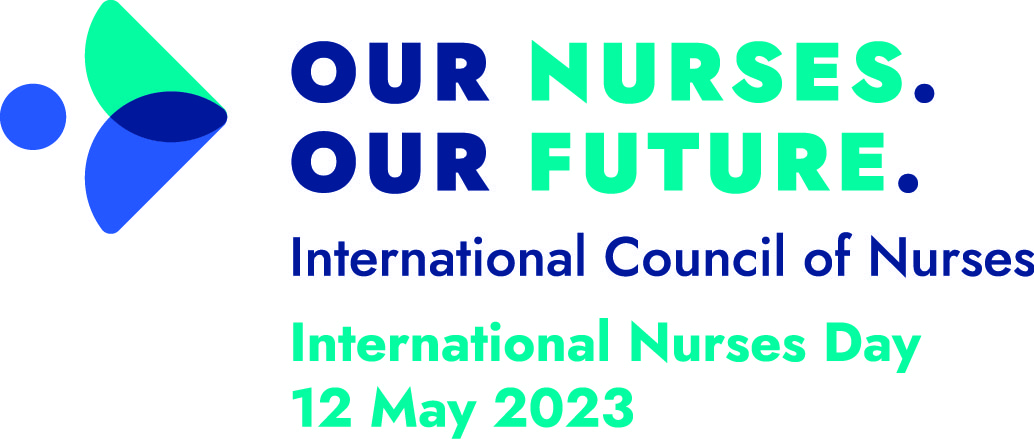She’s world-renowned for pioneering what we know today as professional nursing, but did you know Florence Nightingale’s analytical approach to medical care was also revolutionary? Rachelle Mills, Director of Partnerships & Innovation at KareInn, explains how if given the right tools and support, nurses today could also leverage data science to help improve care outcomes.
International Nurses Day (IND) is celebrated around the world on the 12th May, the anniversary of Florence Nightingale’s birth. Did you know that the Lady with the Lamp was also the lady who conducted pioneering work as a statistician, which saved lives of soldiers during the Crimean war? Her data visualisation continues to be influential to this day and is the best example of the importance of data in driving innovation for positive health and care outcomes.
Providing necessary resources
Much like Nightingale, nurses across health and social care are facing constant and unsustainable pressures. Today, we are seeing chronic workforce shortages, ongoing industrial action over below-inflation pay rises, and overstretched and limited resources, which helps to explain why 44% of registered social care nurses left their role in the past 12 months.
If we take a look at Gallup’s Employee Engagement research, we can see that whether or not we have the right tools to do our job is one of the biggest predictors of workplace stress. The report says that “materials and equipment is not just a checklist of tools. It includes the tangible and intangible resources employees need to do their job”.
Digital plays a huge role in reducing stress and improving job satisfaction for social care nurses in several ways; from streamlining administrative tasks to improving the efficiency and accuracy of care delivery.
Utilising the data we create every day
Nurses have a wide range of responsibilities beyond providing pastoral care; and creating effective care plans remains a vital part of their role.
Every time a resident’s care plan is put together, we’re creating data. Put simply, data is information that has been translated into a form that is efficient for movement or processing… and care homes create lots of it.
Data can help to revolutionise the way we deliver care, providing huge benefits for our nurses and residents alike. But when you have information in folders, box files and numerous uncoordinated spreadsheets, it’s hard to do much with it, other than scan through it. What you really want is to stay ahead of events by making data accessible and manageable.
The value of solid data management
Very soon we’ll have a new CQC inspection framework. Ratings will rely more on the continuous monitoring of key data and feedback and less on physical inspections. Under the new ratings regime, care providers will have to submit regular performance data updates through an online portal.
We need to support our care workforce every step of the way, wherever they are on their digital journey, and present to them the multiple benefits that data brings. As a skilled data analyst, Florence Nightingale was certainly a gamechanger. She used data to make an unanswerable case for many of the health and hygiene procedures we now take for granted. To mark this International Nurses Day, we must champion how we can leverage data to not only help give residents the independence, choice and individuality they want, but to give the care workforce the skills, freedom and time they need.




